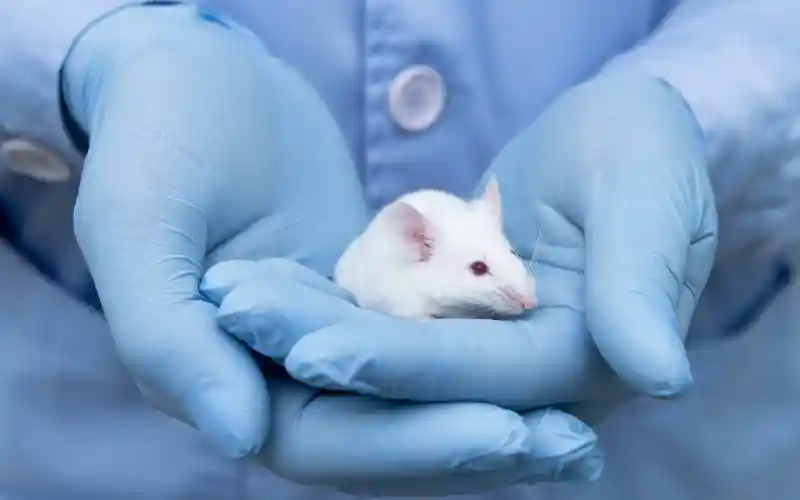Connect with us
Published
8 months agoon

The study, published in this month’s issue of Neuropsychopharmacology, looked at the effects of 5-MeO-DMT, a psychedelic “which has been associated with improvement in depression and anxiety symptoms in early phase clinical studies,” the authors said.
5-MeO-DMT is “short for 5-methoxy-N,N-dimethyltryptamine,” and “is a psychedelic substance found naturally in certain species of toads, plants, and seeds,” according to PsyPost.
“It has been used for centuries in traditional shamanic and spiritual practices by indigenous cultures in parts of South America and other regions. When consumed, inhaled, or smoked, 5-MeO-DMT induces intense and often short-lived psychedelic experiences, characterized by profound changes in perception, ego dissolution, and altered sensory perceptions. Users commonly report feelings of unity with the universe and intense spiritual insights,” the outlet explained.
“Neural plasticity” is “defined as the ability of the nervous system to change its activity in response to intrinsic or extrinsic stimuli by reorganizing its structure, functions, or connections after injuries, such as a stroke or traumatic brain injury (TBI),” according to the National Library of Medicine.
The authors of the study noted that “serotonergic psychedelics are gaining increasing interest as potential therapeutics for a range of mental illnesses,” and that compounds “with short-lived subjective effects may be clinically useful because dosing time would be reduced, which may improve patient access.”
But they said that “relatively little is known about the behavioral and neural mechanisms of 5-MeO-DMT, particularly the durability of its long-term effects.”
To that end, the researchers set out to characterize “the effects of 5-MeO-DMT on innate behaviors and dendritic architecture in mice.”
“We showed that 5-MeO-DMT induces a dose-dependent increase in head-twitch response that is shorter in duration than that induced by psilocybin at all doses tested. 5-MeO-DMT also substantially suppresses social ultrasonic vocalizations produced during mating behavior. 5-MeO-DMT produces long-lasting increases in dendritic spine density in the mouse medial frontal cortex that are driven by an elevated rate of spine formation,” the researchers wrote.
But, in contrast to psilocybin, the researchers observed that “5-MeO-DMT did not affect the size of dendritic spines.”
“These data provide insights into the behavioral and neural consequences underlying the action of 5-MeO-DMT and highlight similarities and differences with those of psilocybin,” they wrote.
The research community has only scratched the surface of the potential for psychedelics to treat mental health conditions, but some insights have already been profound.
A book published earlier this year called I Feel Love, written by Rachel Nuwer, highlighted the extraordinary example of a white supremacist who said that his experience with MDMA drove him away from his bigoted ideology.
The white supremacist, identified only as Brendan, described his experience as part of a double-blind trial at the University of Chicago.
“Strangely, at the very bottom of the form, Brendan had written in bold letters: ‘This experience has helped me sort out a debilitating personal issue. Google my name. I now know what I need to do,’” Nuwer wrote in the book.
“MDMA does not seem to be able to magically rid people of prejudice, bigotry, or hate on its own. But some researchers have begun to wonder if it could be an effective tool for pushing people who are already somehow primed to reconsider their ideology toward a new way of seeing things. While MDMA cannot fix societal-level drivers of prejudice and disconnection, on an individual basis it can make a difference. In certain cases, the drug may even be able to help people see through the fog of discrimination and fear that divides so many of us,” Nuwer continued.


Study Reveals State Cannabis Legalization Lowers Immigrant Deportation


DEA Challenges Bid To Use Psilocybin Under ‘Right To Try’ Legislation


Vegans Rejoice as Farmers Switch from Chickens to Hemp


Louisiana Legislative Committee Unanimously Passes Adult-Use Cannabis Framework Bill


Louisiana House Bill to Regulate Hemp Products Advances Along With Senate Bill to Ban


Cresco Labs Workers Reportedly De-Unionize
